- Opinion bars consideration of race in college admissions
By Jess Bravin
The Supreme Court found it unconstitutional to consider race in university admissions, eliminating the principal tool the nation’s most exclusive schools have used to diversify their campuses, according to The Wall Street Journal.
Thursday’s June 29, 2023 decision will force a reworking of admissions criteria throughout American higher education, where for decades the pursuit of diversity has been an article of faith. University officials have insisted no substitute for racial preferences exists that can ensure that a representative share of minority applicants—particularly Black students—gains admission to selective institutions.
No longer able to give such applicants an automatic boost, admissions offices now must decide where racial diversity ranks among priorities that can include academic performance, achievement in extracurricular activities such as athletics, and preferences for alumni and donors.
Before the court were admissions practices at two pillars of American higher education: Harvard College, the Ivy League titan whose name has symbolized achievement and power for centuries, and the University of North Carolina, a public flagship which, like other land-grant institutions, provides an elite education subsidized by taxpayers for state residents. Both schools said that, consistent with decades of Supreme Court precedent, a minority applicant’s race could serve as an unenumerated plus factor that raised chances of admission.
Lower courts agreed, rejecting lawsuits organized by Edward Blum, a former stockbroker who has brought a number of cases against laws and policies that make distinctions based on race or ethnicity in areas such as voting and education.
The 14th Amendment ensures that individuals receive equal protection of the laws from state agencies including public universities, a standard that also applies to most private colleges that receive federal funding. In general, the court has permitted racial preferences only to remedy specific acts of illegal discrimination, not compensate for general social injustices said to stem from historical practices.
For 45 years, the Supreme Court has recognized a limited exception to that rule for university admissions, one based on the schools’ academic freedom to assemble classes that support their educational mission. Diversity was a compelling interest, the court had found, and race-conscious admissions as implemented at Harvard and similar schools were narrowly tailored to avoid unnecessarily disadvantaging other applicants.
The Supreme Court, its conservative majority reinforced by three appointees of former President Donald Trump, has been ready to revisit precedents it considers manifestly wrong. Last year, the court overruled Roe v. Wade, shattering 49 years of case law recognizing women’s constitutional right to end unwanted pregnancies before fetal viability.
In 2016, the court rejected by a 4-3 vote an earlier case Blum sponsored opposing affirmative action, but at oral arguments in October several justices questioned whether racial preferences were necessary to maintain diversity—or if diversity was important to maintain altogether.
“I’ve heard the word ‘diversity,’ quite a few times, and I don’t have a clue what it means,” Justice Clarence Thomas said then.
In a 1978 case, Regents of the University of California v. Bakke, the controlling opinion by Justice Lewis Powell struck down a policy that set aside a minimum of 16 seats for minorities applying to the public medical school in Davis, Calif.
But while racial quotas were barred, the opinion permitted consideration of race as one of several characteristics a student could bring to the campus environment. Powell reasoned that under the First Amendment, a university’s academic freedom “to make its own judgments as to education includes the selection of its student body.”
As an example, Powell referenced the admissions policy at Harvard. When choosing among academically qualified students, “the race of an applicant may tip the balance in his favor just as geographic origin or a life spent on a farm may tip the balance in other candidates’ cases,” the university said then. “A black student can usually bring something that a white person cannot offer.”
Powell’s opinion was a compromise position; the other eight justices had evenly split, with four conservatives finding no justification for racial considerations and four liberals arguing that setting aside seats for racial minorities was permissible.
Higher education—and much of American corporations—embraced the diversity rationale, but conservatives have viewed affirmative action as a form of social engineering that elevates group identity over individual achievement. Public opinion, even among minority groups likely to benefit, was at best lukewarm to racial preference policies.
By the 1990s, activists were challenging affirmative action in several arenas—at university boards, through voter initiatives and with test cases in court. A turning point seemed to come in 1996, when California voters passed a ballot initiative ending affirmative action at state universities and agencies and a federal appeals court struck down race-conscious admissions at the University of Texas.
But when the issue reached the Supreme Court again in 2003, the justices in a pair of cases involving the University of Michigan affirmed Powell’s Bakke opinion. The justices struck down the undergraduate admissions formula that automatically gave minority applicants a 20-point boost on a 150-point admissions scale, but upheld the law school’s policy allowing consideration of race in “a flexible, nonmechanical way.”
The majority opinion, by Justice Sandra Day O’Connor, cited briefs by major corporations and retired military officers attesting to the importance of diversity among the leadership of American institutions.
“To cultivate a set of leaders with legitimacy in the eyes of the citizenry, it is necessary that the path to leadership be visibly open to talented and qualified individuals of every race and ethnicity,” she wrote then. “All members of our heterogeneous society must have confidence in the openness and integrity of the educational institutions that provide this training.”
The president of Princeton University, Christopher Eisgruber, cited that statement from O’Connor, saying his school and its peers would seek to maintain diversity to the limits the law now allows.
“Our country needs pathways visibly open to talent. We know all that,” Eisgruber said in an interview. “And for those reasons, we’re going to continue to push for diversity.”
But at oral arguments, several justices focused on another passage in O’Connor’s 2003 opinion, where she noted that minority enrollment had increased in the 25 years since the Bakke case.
“We expect that 25 years from now, the use of racial preferences will no longer be necessary,” she wrote.
The majority opinion in that case from a generation ago, Grutter v. Bollinger, didn’t say preferences could continue until “you’re satisfied that diversity has been achieved or something vague like that,” Justice Brett Kavanaugh told UNC’s lawyer. “It said 25 years in there.”
Write to Jess Bravin at Jess.Bravin@wsj.com
H igher education—and much of American corporations—embraced the diversity rationale, but conservatives have viewed affirmative action as a form of social engineering that elevates group identity over individual achievement. Public opinion, even among minority groups likely to benefit, was at best lukewarm to racial preference policies.
B y the 1990s, activists were challenging affirmative action in several arenas—at university boards, through voter initiatives and with test cases in court. A turning point seemed to come in 1996, when California voters passed a ballot initiative ending affirmative action at state universities and agencies and a federal appeals court struck down race-conscious admissions at the University of Texas.
But when the issue reached the Supreme Court again in 2003, the justices in a pair of cases involving the University of Michigan affirmed Powell’s Bakke opinion. The justices struck down the undergraduate admissions formula that automatically gave minority applicants a 20-point boost on a 150-point admissions scale, but upheld the law school’s policy allowing consideration of race in “a flexible, nonmechanical way.”
The majority opinion, by Justice Sandra Day O’Connor, cited briefs by major corporations and retired military officers attesting to the importance of diversity among the leadership of American institutions.
“To cultivate a set of leaders with legitimacy in the eyes of the citizenry, it is necessary that the path to leadership be visibly open to talented and qualified individuals of every race and ethnicity,” she wrote then. “All members of our heterogeneous society must have confidence in the openness and integrity of the educational institutions that provide this training.”
The president of Princeton University, Christopher Eisgruber, cited that statement from O’Connor, saying his school and its peers would seek to maintain diversity to the limits the law now allows.
“Our country needs pathways visibly open to talent. We know all that,” Eisgruber said in an interview. “And for those reasons, we’re going to continue to push for diversity.”
But at oral arguments, several justices focused on another passage in O’Connor’s 2003 opinion, where she noted that minority enrollment had increased in the 25 years since the Bakke case.
“We expect that 25 years from now, the use of racial preferences will no longer be necessary,” she wrote.
The majority opinion in that case from a generation ago, Grutter v. Bollinger, didn’t say preferences could continue until “you’re satisfied that diversity has been achieved or something vague like that,” Justice Brett Kavanaugh told UNC’s lawyer. “It said 25 years in there.”
(Harvard’s campus in Cambridge, Mass. The Supreme Court considered admissions practices at Harvard and the University of North Carolina. Credit: KAYANA SZYMCZAK FOR THE WALL STREET JOURNALWrite to Jess Bravin at Jess.Bravin@)
Support the New Americans magazine to continue to serve our community with precise news that affect the new American, immigrant and refugee community. https://paypal.com/donate/?hosted_button_id=8LHFS78NRNJJY&source=url









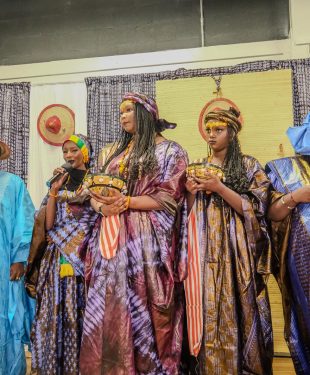

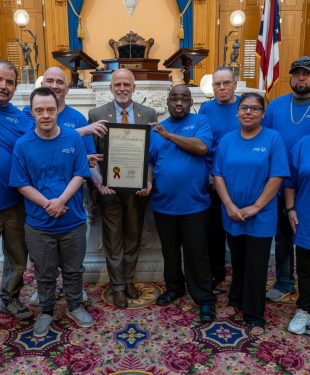
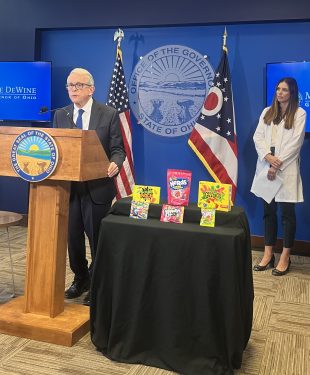
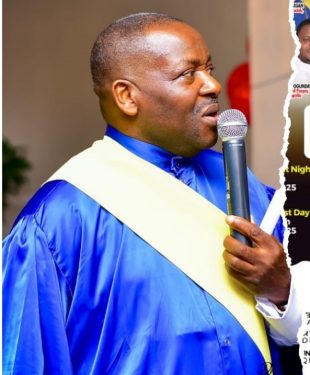
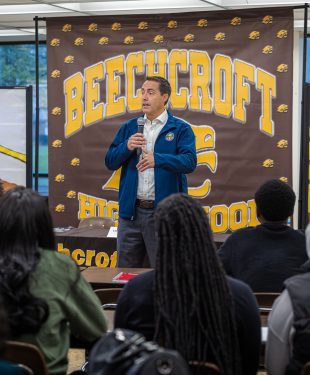
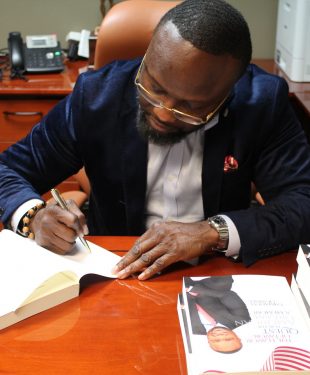

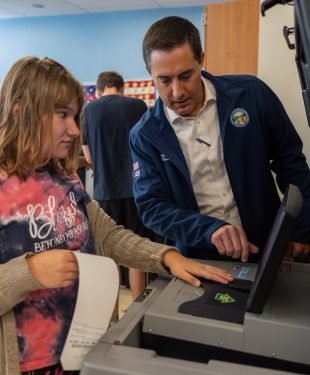







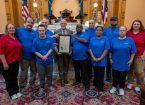



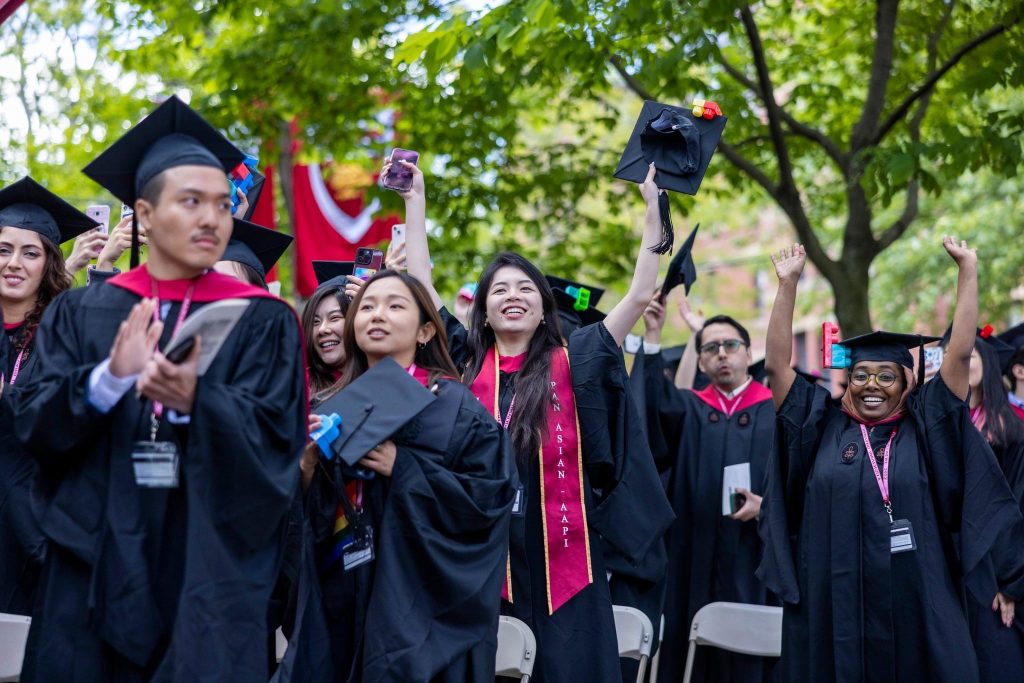




Leave a Reply
You must be logged in to post a comment.